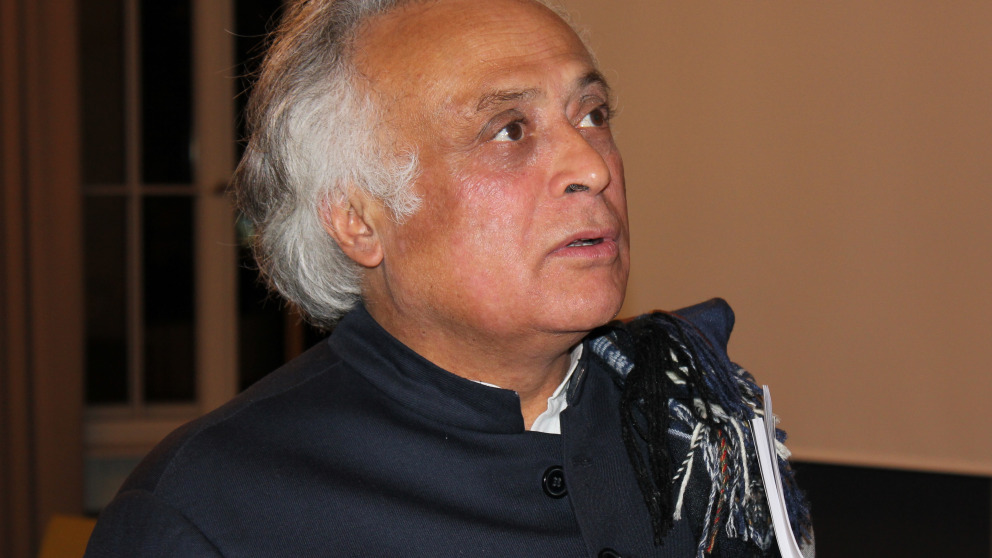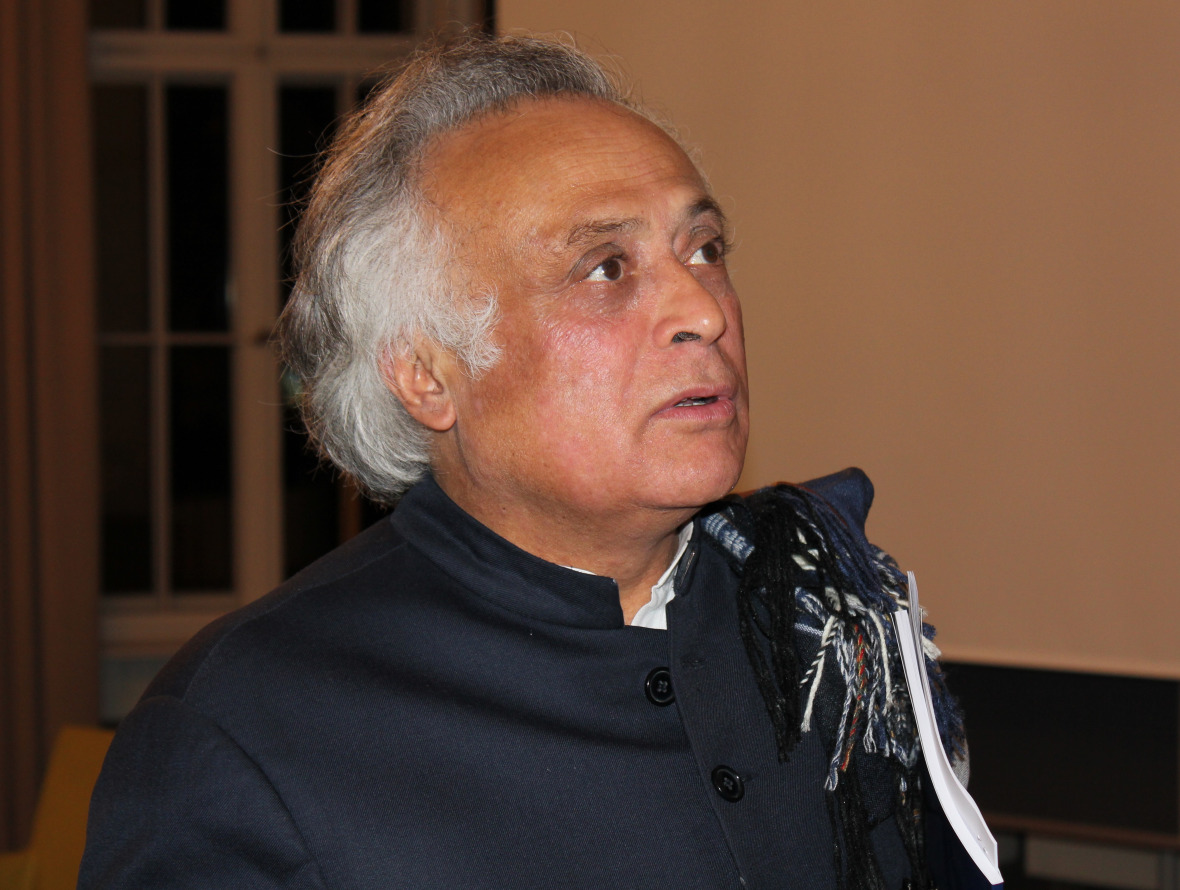Headline:
“Indians Are Very Conscious of Environmental Problems”: Former Environment Minister Jairam Ramesh at IASS

Industrial nations are the principal agents of climate change, but India and China are increasingly contributing to global warming. “India is the third largest emitter of greenhouse gases, but its per capita emissions of CO2 are significantly lower than those of other countries, including even Germany”, said Jairam Ramesh, the Indian MP and former Indian minister for the environment, in a talk at the IASS on 16 December. Ramesh claimed that Indians were very conscious of environmental problems, not least because their country is particularly vulnerable to climate change. India is extremely dependent on the rain that falls during the annual monsoon from June to September, which accounts for about 65 per cent of the country’s total precipitation. The daily variations in the monsoon are likely to become more pronounced as a result of climate change. Moreover, India’s 7,500-kilometre coastline is also severely affected by sea-level rise. And the glaciers in the Himalayas already started melting at a much quicker rate than before in the 1970s.

Ramesh presented the audience with some data on India’s energy supply. Sixty-five per cent of the country’s energy needs are currently met by coal, but there are plans to reduce this share to fifty-five per cent by 2030. The share of hydropower in India’s energy mix is set to rise from 17 per cent at present to 20 per cent by 2030, while the share of renewables (currently 6 per cent) is due to triple in the same period. Nuclear power plays a marginal role in India and there are plans to reduce its current share of 3 per cent to 2 per cent. Ramesh said that Indians were aiming to reduce greenhouse gas emissions by 20–25 per cent in comparison to 2005 levels by 2020.
Ramesh also referred to the debate on whether there should be different emissions limits for industrial nations, emerging nations and developing nations. Emerging nations like China or India argue that only industrial nations should be subject to binding emissions limits. However, the United States and the European Union want emerging nations like China, India and Brazil to play a more active role in reducing emissions and integrating poorer countries in this process. Ramesh is confident that states will manage to reach a compromise in the run-up to the climate summit im Paris in December 2015. He stressed that this was essential to concluding a binding World Climate Agreement there.
Photo: © Hagen Pieper/IASS
18.12.2014

